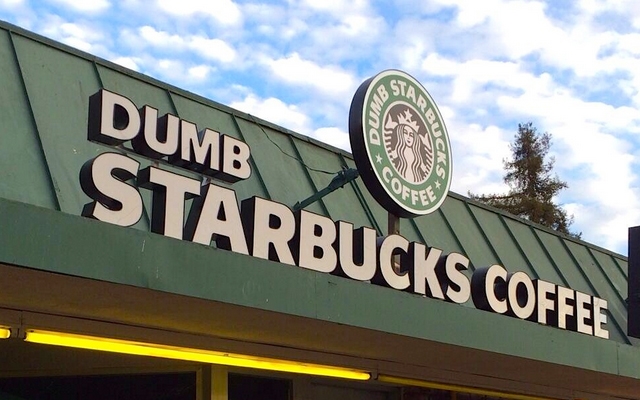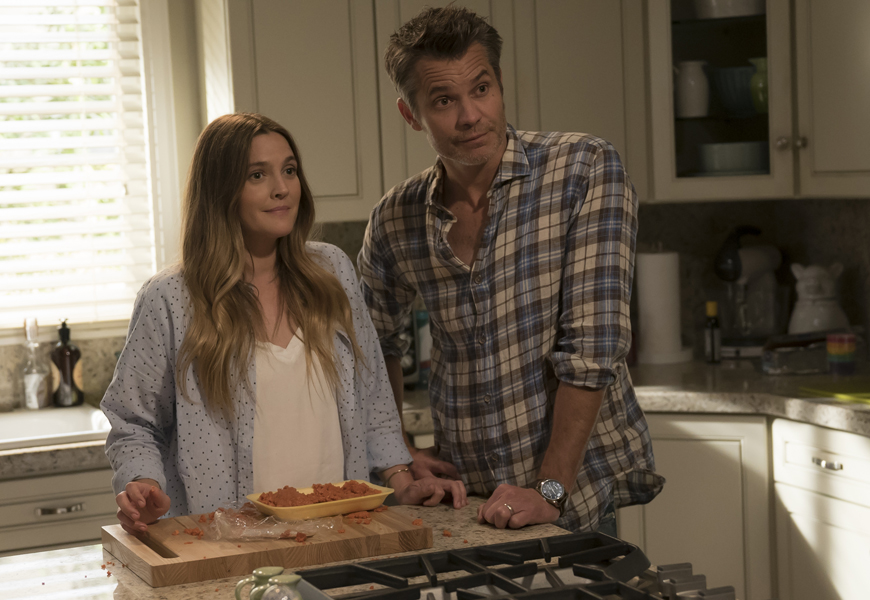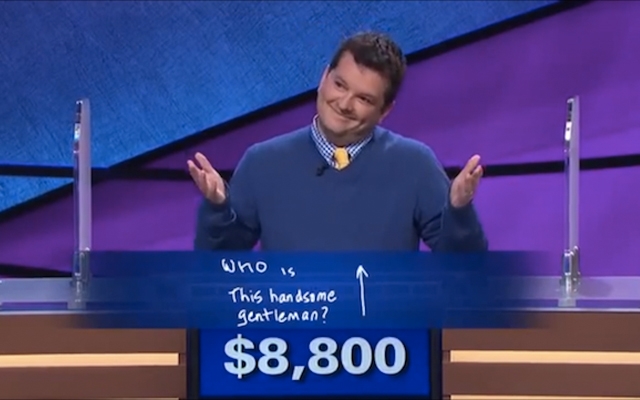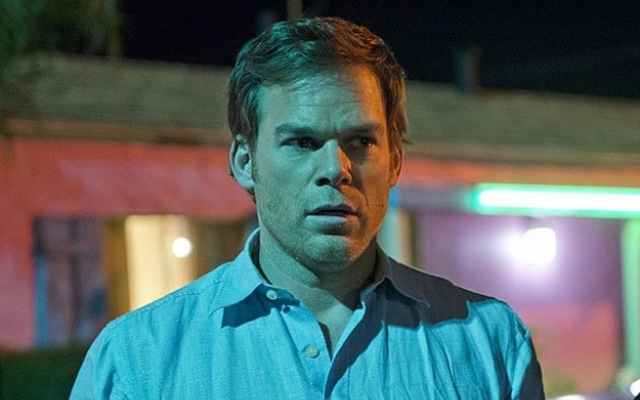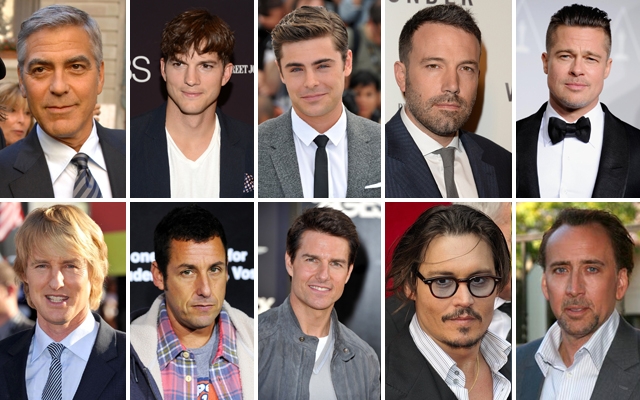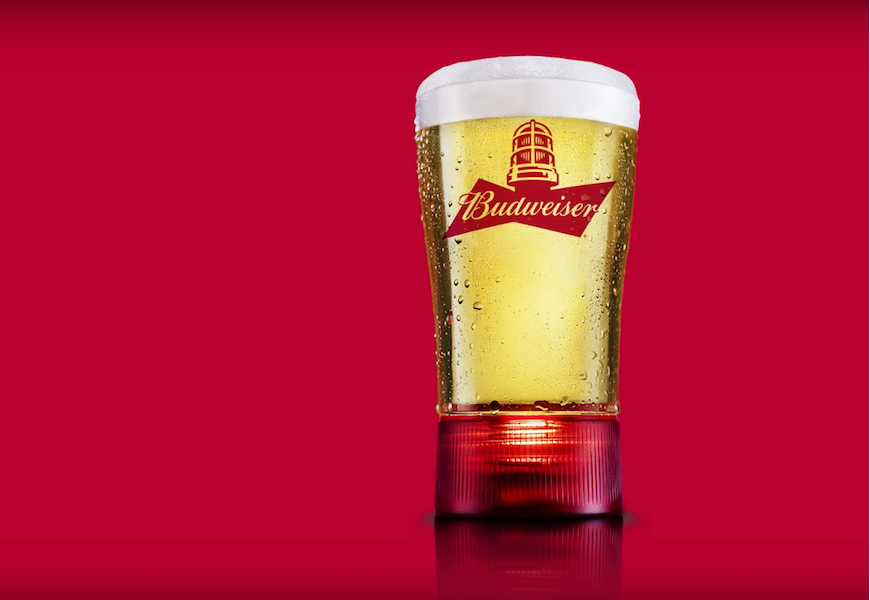There’s something familiar about a java stop that popped up overnight in Los Feliz, L.A. Oh, maybe it’s that the whole place is a direct copy of coffeehouse chain Starbucks. From the menu, to the interior, to the wardrobe of the Craigslist hired baristas and smiling two tailed mermaid of the brand insignia, everything’s eerily the same as a real Starbucks.
But it isn’t a real Starbucks. The difference is the word ‘dumb’ preceding almost every word in the store.
So how does this completely unaffiliated copy of a billion dollar coffee empire exist? Art. Or more specifically, parody law.
“It’s the same law that allows Weird Al Yankovic to use the music from Michael Jackson’s ‘Beat It’ in his parody song ‘Eat It'” says an FAQ page posted on the wall of California’s new coffee shop. It means, technically, Dumb Starbucks is a gallery. The coffee you’re drinking —buying— is not actually coffee, but art. The whole thing is a performance piece and Starbucks can’t touch it, for now.
But, poke a dragon and expect flame. The shop is forthcoming about its loophole manipulation—”we love Starbucks and look up to them as role models. Unfortunately, the only way to use their intellectual property under fair use is if we are making fun of them. So the ‘dumb’ comes”—and that could be its downfall.
It’s honestly hard to say whether this is art fighting corporate oligarchy or tricky businessmen manipulating both a legal loophole and consumer’s desire for novelty. But we do know this.
When Starbucks started out, they had a very particular mandate. Early Starbucks employees would go to indie coffee shops in neighbourhoods they were scouting and note whatever eclectic, individual, community based vibe the store put out. Then they would take it back to HQ and mass-produce a copy of it. The copy, put in the same neighbouthood as the original store, would actually push the orginal out. That’s why making an indie replica of Starbucks’ mass-produced façade is such a hilarious joke.
The point of parody is to illustrate how close a real world situation (20,891 Starbucks stores globally) and an absurdity (a single ‘Dumb Starbucks’) are. That’s what we’ll see on the other end of doomed Dumb Starbucks’s story: a little bit of a longer look into parody law, consumer susceptibility, and corporate means of producing identity. Probably.

